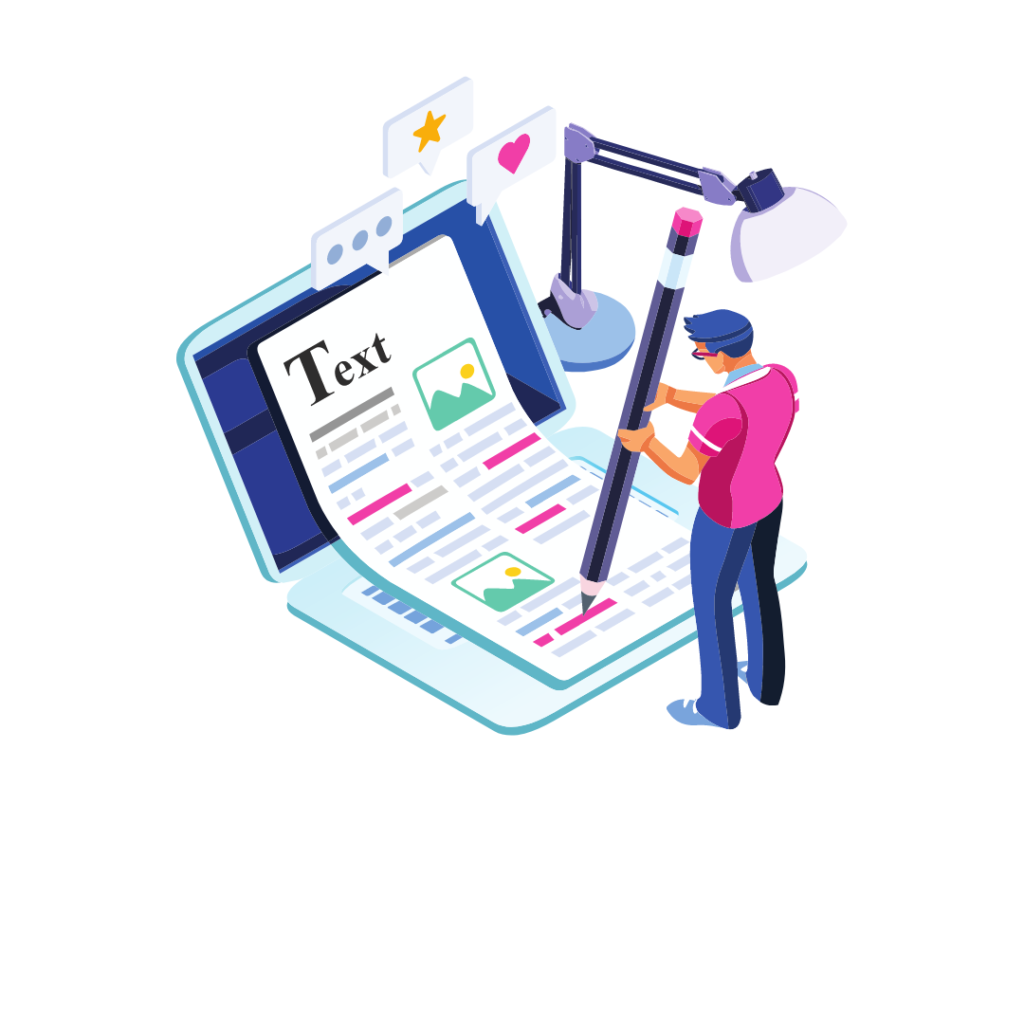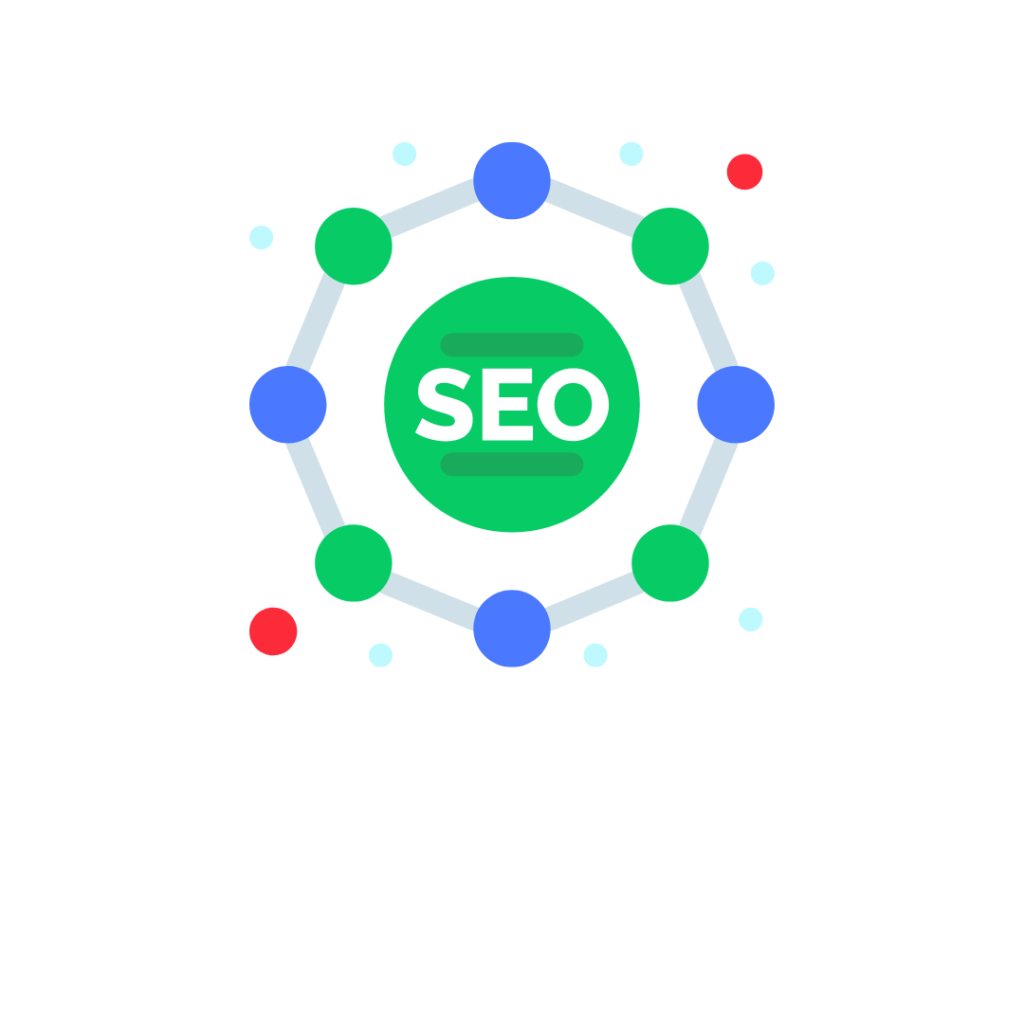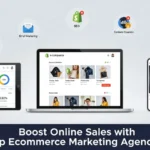
1. Introduction to AI in Digital Marketing
2. Benefits and Opportunities of AI in Digital Marketing
3. AI-powered Personalization and Customer Segmentation
4. AI-driven Data Analytics and Insights
5. AI-powered Content Creation and Optimization
6. Chatbots and Virtual Assistants in Customer Engagement
7. AI-based Advertising and Customer Targeting
8. Challenges and Ethical Considerations of AI in Digital Marketing
1. Introduction to AI in Digital Marketing
Artificial Intelligence (AI) has revolutionized numerous industries, and digital marketing is no exception. This article explores the significant impact of AI in digital marketing, revealing how businesses can leverage this technology to enhance their strategies and achieve better results. AI brings forth a wide range of benefits and opportunities, from personalized customer experiences and targeted advertising to data analytics and content optimization. However, it is also crucial to address the challenges and ethical considerations that arise with the integration of AI in digital marketing. As we delve into the various aspects of AI in this field, we will examine its evolution, benefits, applications, and potential hurdles, providing insights into how AI is reshaping the digital marketing landscape.
1. Introduction to AI in Digital Marketing
1.1 What is AI?
Artificial Intelligence, or AI, is not just a sci-fi concept. It’s a technology that aims to simulate human intelligence in machines, enabling them to perform tasks that typically require human intelligence, such as problem-solving, learning, and decision-making.
1.2 Evolution of AI in Digital Marketing
AI has come a long way in the realm of digital marketing. From basic chatbots that can answer FAQs to sophisticated algorithms that analyze massive amounts of data, AI has revolutionized the way businesses connect with their customers. As technology continues to advance, AI in digital marketing is expected to play an even more significant role in the future.
2. Benefits and Opportunities of AI in Digital Marketing
2.1 Enhanced Customer Experience
AI empowers businesses to deliver personalized experiences to their customers. Chatbots can engage in real-time conversations, providing instant support and resolving queries. AI-powered recommendation engines analyze customer behavior to suggest relevant products or content. By tailoring interactions to individual preferences, AI enhances customer satisfaction and engagement.
2.2 Improved Efficiency and Productivity
AI automates repetitive tasks, freeing up valuable time for marketers. From email marketing to social media scheduling, AI-powered tools streamline operations, allowing marketers to focus on strategic initiatives. With AI handling mundane tasks, businesses can achieve greater productivity and allocate resources more efficiently.
2.3 Real-time Data Analysis and Decision Making
Data is the lifeblood of digital marketing, and AI excels at analyzing vast amounts of data in real time. AI algorithms can quickly process data from multiple sources, uncovering patterns, trends, and insights that would be challenging for humans alone. These actionable insights enable marketers to make data-driven decisions, improving campaign performance and ROI.
3. AI-powered Personalization and Customer Segmentation
3.1 Understanding Customer Behavior through AI
AI enables businesses to gain a deeper understanding of their customers by analyzing their behavior across various touchpoints. By tracking browsing habits, purchase history, and social media interactions, AI algorithms create detailed customer profiles. With this information, marketers can tailor their messaging and offers to specific segments, boosting relevance and engagement.
3.2 Customizing Marketing Strategies with AI
With AI, marketers can create customized marketing strategies that resonate with individual customers. By leveraging AI-powered tools, marketers can automate the process of identifying the most effective channels, messages, and timing for each customer segment. This level of personalization increases the likelihood of conversion and builds long-term loyalty.
4. AI-driven Data Analytics and Insights

4.1 Harnessing Big Data with AI
The sheer volume of data available to businesses can be overwhelming. AI enables marketers to harness big data by efficiently processing and analyzing it. By extracting meaningful insights from vast datasets, businesses can refine their targeting, optimize their campaigns, and uncover hidden opportunities that human analysis alone may miss.
4.2 Predictive Analytics and Trend Forecasting
AI’s predictive capabilities allow marketers to anticipate customer behavior and market trends. By analyzing historical data and patterns, AI algorithms can forecast future outcomes and trends. This foresight enables marketers to make proactive decisions, adapt their strategies, and stay one step ahead of the competition.
So, as AI continues to evolve, its impact on digital marketing will only grow stronger. By harnessing the power of AI, businesses can enhance customer experiences, improve efficiency, personalize marketing strategies, and gain valuable insights for smarter decision-making. So why not embrace the AI revolution and let it supercharge your digital marketing efforts?
5. AI-powered Content Creation and Optimization

5.1 Automated Content Generation
In an era where time is money, AI-powered content generation is a godsend for digital marketers. Say goodbye to writer’s block and hello to endless streams of content. AI algorithms can now generate blog posts, social media captions, and even entire articles, saving marketers valuable time and energy. Just input a topic, and voila! AI churns out engaging and relevant content faster than you can say “copy and paste.” Of course, human touch is still needed to add that special sparkle and personalization, but AI certainly lightens the load.
5.2 Content Optimization for SEO
Wrestling with the intricacies of search engine optimization (SEO) can make even the most seasoned marketer break into a cold sweat. But fear not! AI comes to the rescue with its nifty content optimization capabilities. AI algorithms analyze the ever-changing SEO landscape, identifying the best keywords, meta tags, and other ranking factors to boost your content’s visibility and search engine rankings. So, get ready to wave goodbye to SEO guesswork and say hello to a higher organic reach.

6. Chatbots and Virtual Assistants in Customer Engagement
6.1 Enhancing Customer Support with Chatbots
Ever found yourself in a seemingly endless loop of waiting on hold for customer support? Well, thanks to AI-powered chatbots, those days are becoming a distant memory. Chatbots offer instant assistance and round-the-clock support to customers, ensuring their queries are addressed promptly. With their ability to simulate human conversation, chatbots provide personalized and efficient solutions, making customers feel valued without having to listen to elevator music for hours.
6.2 Personalized Recommendations through Virtual Assistants
Remember when browsing online meant sifting through countless products in search of the perfect one? Enter AI-powered virtual assistants that not only make our lives easier but also keep us coming back for more. These virtual shopping buddies analyze user preferences, purchase history, and browsing behavior to offer personalized recommendations. By leveraging AI algorithms, virtual assistants help customers discover new products and services tailored to their tastes, making online shopping an enjoyable and personalized experience.
7. AI-based Advertising and Customer Targeting
7.1 Hyper-targeted Advertising with AI
Gone are the days of throwing spaghetti at the wall and hoping something sticks. With AI at the helm, digital marketers can now target their audience with laser precision. AI algorithms analyze vast amounts of data, including demographic information, browsing habits, and social media interactions, to understand consumer behavior. Armed with this knowledge, AI can then deliver hyper-targeted advertisements that hit their mark. Say hello to higher conversion rates and bid farewell to wasted ad spend.
7.2 Improved Ad Placement and Campaign Optimization
AI not only helps with targeting the right audience but also revolutionizes ad placement and campaign optimization. Through real-time data analysis, AI algorithms identify the best ad placements and optimize campaign performance. Whether it’s adjusting bidding strategies or fine-tuning ad creatives, AI works tirelessly to maximize results. So, sit back, relax, and let AI handle the nitty-gritty of ad optimization while you focus on the bigger picture.
8. Challenges and Ethical Considerations of AI in Digital Marketing
8.1 Ensuring Data Privacy and Security
While AI offers exciting possibilities, it also raises concerns about data privacy and security. Marketers must prioritize safeguarding customer information and ensure compliance with data protection regulations. Clear communication and transparent data handling practices are crucial to build trust with consumers who are increasingly wary of data breaches and privacy violations.
8.2 Transparency and Trust in AI Algorithms
The opaqueness of AI algorithms can be a double-edged sword. Marketers must strike a balance between utilizing AI’s capabilities and maintaining transparency to foster trust with their audience. Disclosing the use of AI in decision-making processes and providing clear explanations can go a long way in building customer trust and dispelling concerns about AI bias or manipulation.
AI’s role in digital marketing is undoubtedly transformative, but it’s essential for marketers to address these challenges and ethical considerations to fully harness its potential. After all, marketing is not just about algorithms and targeting; it’s about building meaningful connections with our audience, one witty advertisement at a time.In conclusion, the use of AI in digital marketing offers immense potential for businesses to optimize their strategies and drive growth. With AI-powered personalization, data analytics, content creation, and customer engagement, companies can deliver highly targeted and relevant experiences to their audience. However, it is crucial to navigate the ethical considerations and ensure transparency in AI algorithms. As technology continues to advance, embracing AI in digital marketing will be a key differentiator for businesses looking to stay ahead in an increasingly competitive landscape. By harnessing the power of AI, organizations can unlock new opportunities, achieve better results, and create meaningful connections with their customers in the digital realm.
FAQ
1. How can AI enhance personalization in digital marketing?
AI leverages data and machine learning algorithms to analyze customer behavior, preferences, and past interactions. This enables businesses to deliver personalized experiences at scale, tailoring content, offers, and recommendations to each individual user. AI-powered personalization helps build stronger customer relationships, improves engagement, and boosts conversion rates.
2. Can AI improve the efficiency of data analytics in digital marketing?
Absolutely! AI can process and analyze vast amounts of data in real-time, providing valuable insights and actionable intelligence. By automating data analysis, AI enables digital marketers to uncover patterns, trends, and correlations that would be challenging to identify manually. This empowers businesses to make data-driven decisions, optimize campaigns, and refine their marketing strategies for better outcomes.
3. What are the ethical considerations when using AI in digital marketing?
While AI brings numerous benefits, it is important to address ethical considerations. These include ensuring data privacy and security, being transparent about the use of AI algorithms, and avoiding biases in decision-making. Striking the right balance between personalization and privacy is crucial, as well as regularly evaluating and auditing AI systems to ensure fair and ethical practices.
4. Can AI replace human marketers in digital marketing?
No, AI cannot replace human marketers. While AI automates certain tasks and enhances efficiency, human marketers bring creativity, intuition, and the ability to understand complex business goals and strategies. The synergy between AI and human marketers is crucial, allowing businesses to leverage AI’s capabilities while harnessing human expertise to interpret data, develop innovative campaigns, and build meaningful connections with customers.



